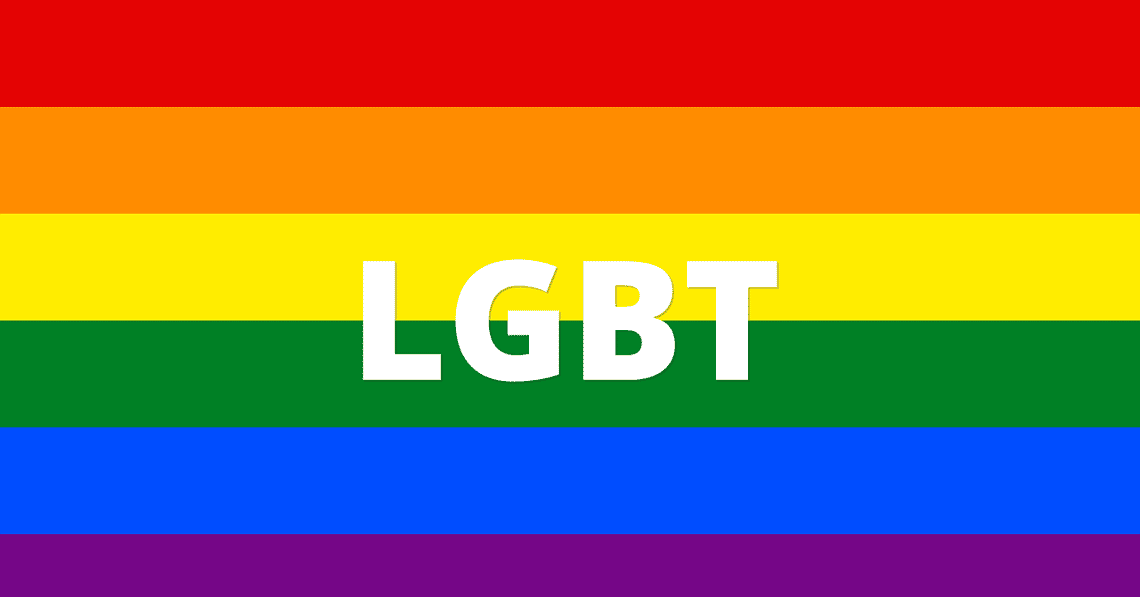Thailand is home to one of the first ever transgender politicians, possesses the highest rate of sex reassignment surgeries in the world, and at one point was looking at becoming the first Southeast Asian country to legalise same-sex marriage. Supported by Thailand’s well-known and often stigmatised “ladyboy” culture, Thailand is often promoted as a safe haven for gender and sexuality minorities (GSM). Recent evidence, however, might suggest otherwise.
TIME Magazine wrote an article this year commenting on the intolerance of Thai people towards their own LGBT community. The article reported the story of a teenage girl who had been repeatedly raped by her father for hanging out with “toms,” and the murder of a lesbian woman that was orchestrated by her partner’s mother.
Contrary to what people might have you believe, Thailand retains a strong conservative culture that is particularly sensitive to the expression of sexuality. There is no escaping the latest public outrage over an event or media portrayal that does not align with certain “Thai values” (see the latest protests calling for the removal of a Thai soap opera, about a male prostitute, that has not even been released). This conservative nature has prohibited many people from embracing their sexuality, which is accelerated by the current lack of prominent, out-of-the-closet celebrities or political figures. This kind of culture has robbed Thai LGBT citizens of any role models.
Many Thai youths are thus conflicted in this increasingly globalised culture where, even under western influence, LGBT members are being underrepresented in popular media.
A recent study by Plan International, UNESCO and Mahidol University showed that out of 2,000 LGBT youths who were surveyed, 31 percent had experienced physical abuse, 29 percent had been verbally abused and 24 percent had experienced sexual harassment.
The study also revealed that seven percent of those who had experienced abuse, whether physical or verbal, had attempted to commit suicide in the past year, while another 23 percent of those abused are currently suffering from depression.
“The effect of these behaviours is serious. Anxiety, low self-esteem as well as withdrawal and social isolation are some of the toxic effects of bullying on these youth,” said Maja Cubarrubia, the director of child rights group Plan International Thailand.
Victims of bullying are also more likely to engage in illegal drug use and unprotected sex, which leads to a higher risk of contracting HIV, according to a study from UNAIDS, the Joint United Nations Programme on HIV/AIDS.
The study was done over five provinces from four different regions in Thailand, and was the first of its kind. Studies like these are important in highlighting the prevalence of cultural homophobia that continues to oppress gender and sexuality minorities, which is particularly hard to acknowledge in a country that possesses a very non-confrontational culture.
At the end of 2013, a draft of a law that would have made Thailand the first Southeast Asian country to allow same-sex marriage was brought to parliament. However, government instability de-prioritised the passing of such legislative bills, and the ongoing political crisis has, at least for the time being, halted all progress.
So, although Thailand is ahead of most Asian countries in terms of cultural acceptance of LGBT members, there is a serious lack of Thai laws that could represent such progressiveness.
Currently, Thai law does not allow for citizens to legally change their sex, and there are no laws that legally recognise or classify “hate crimes” against LGBT members (claiming they are more likely “crimes of passion” that anything). For transgender women, there are also no laws that protect the violation of their bodies. Meanwhile, a report from the International Lesbian, Gay, Bisexual, Trans and Intersex Association indicates that transgender people are still discriminated against, particularly in their access to professional opportunities and university graduation rates. These problems reveal examples of institutionalised homophobia where government institutions, business institutions and educational institutions discriminate on the basis of sexual orientation or identity.
The LGBT community here in Chiang Mai tends to be mostly underground. In 2009, what would have been Chiang Mai’s second Pride Parade was cancelled due to hostility by a group of onsite, red shirt-affiliated protesters. The protestors surrounded the area, chanting insults through megaphones and throwing rocks and fruit into surrounding buildings.
“Chiang Mai people cannot accept this and will stop the parade by all means, even violence,” said the leader of the protestors.
Since then Chiang Mai has yet to have another Pride Parade.
There does, however, seem to be hope. A large surge of gay and lesbian-catered bars have opened up across Chiang Mai, particularly in the last year. These places are helping to establish the presence of the LGBT community in Chiang Mai, especially as we are seeing new and trendy Bangkok-owned businesses dominate stereotypical old sexpat haunts and brothels within the gay scene. Thailand’s own gay magazine, Thai Puan, recently did in-depth coverage of Chiang Mai, including articles that provided insights into the Thai gay scene in Chiang Mai and “a night out in Chiang Mai” special.
Encouragingly coined the “gay capital of the North” by local magazine Gay in Chiang Mai, perhaps in upcoming years Chiang Mai will push to grow a stronger and more supportive LGBT community.
